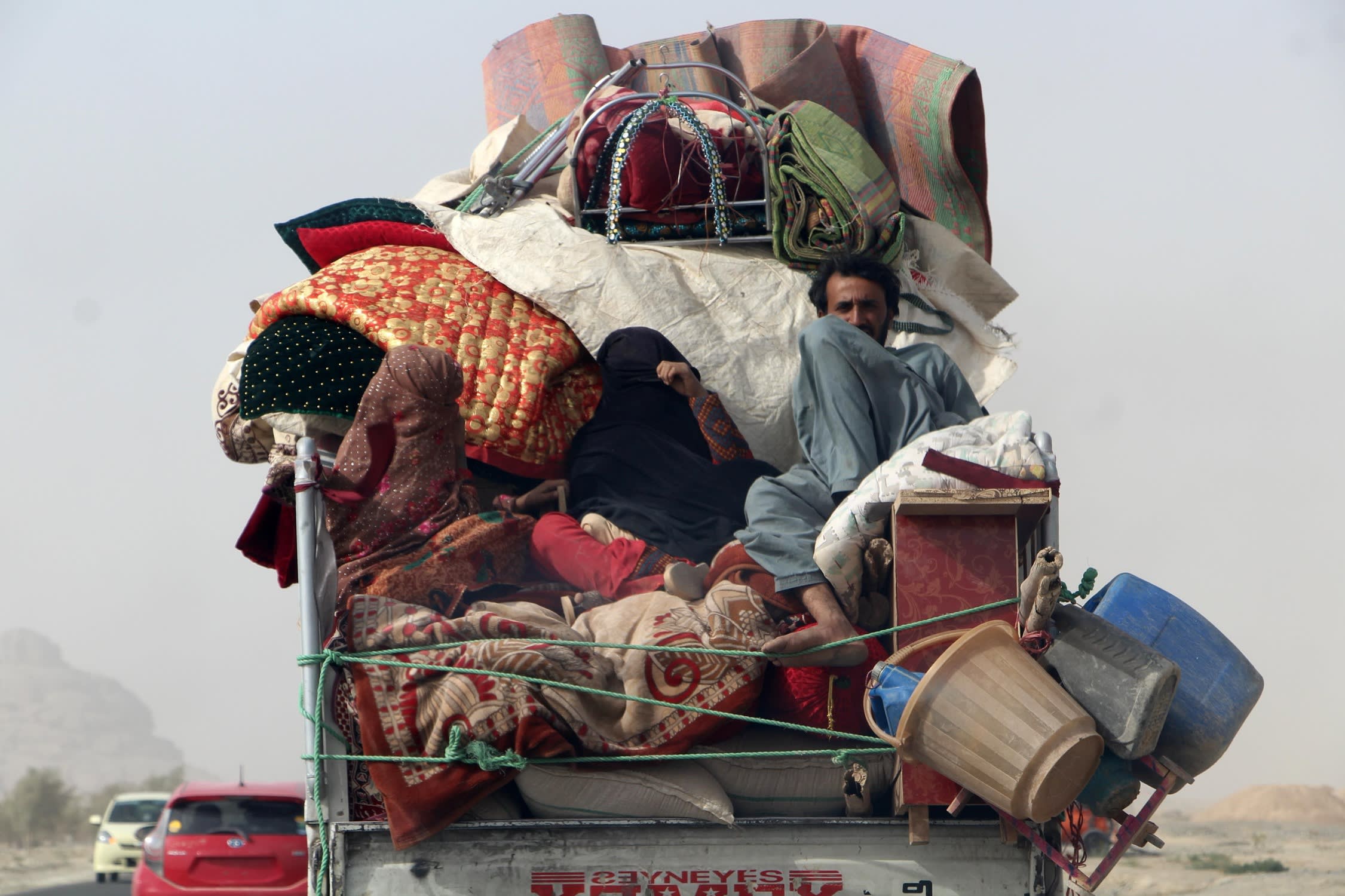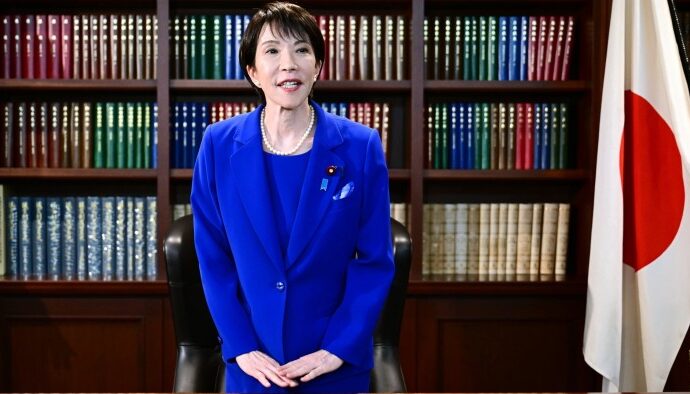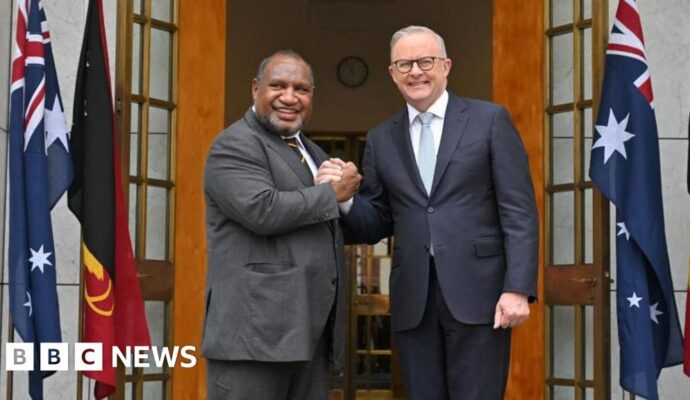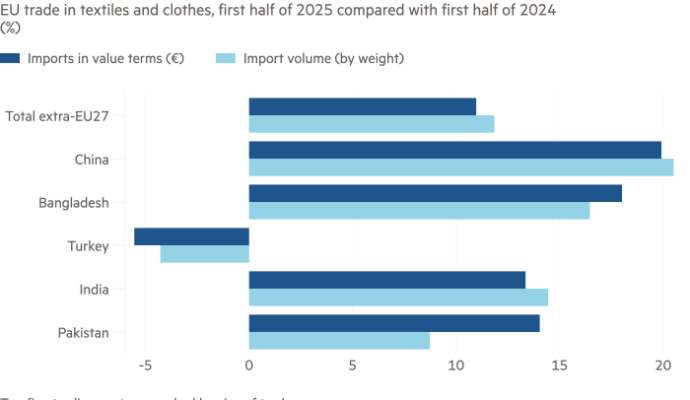Unlock the Editor’s Digest for free
Roula Khalaf, Editor of the FT, selects her favourite stories in this weekly newsletter.
Tens of thousands of Afghans streamed out of Pakistan across the rugged border back to Taliban-run Afghanistan as Islamabad’s security forces pursued up to 1.7mn undocumented migrants in a large crackdown.
The Pakistani government last month ordered all foreign nationals without valid visas or refugee registrations to leave before a November 1 deadline, and threatened to pursue them vigorously after that date in a drive it said was prompted by security concerns.
At least 170,000 people had returned to Afghanistan by Thursday evening, said a Pakistani government official.
As the exodus gathered momentum, security forces on Wednesday began rounding up Afghans lacking documentation and detaining them in temporary “holding centres”, then forcing them to leave.
Aid groups warned that the Afghans were returning to dire conditions and that their ability to help was limited. Neil Turner, country director for the Norwegian Refugee Council in Afghanistan, said: “The recent surge of Afghans returning from Pakistan has overwhelmed our resources and the fragile infrastructure in Afghanistan.”
Crossings such as Torkham, overlooking the Khyber Pass just outside Peshawar, were crowded with people, returnees said. “Those who have gone ahead of us have said space is very tight” at overcrowded immigration counters, said an Afghan refugee who left Islamabad on Sunday, asking not to be named.
About 1.7mn Afghans live in Pakistan without visas or registrations, according to aid groups, including at least 600,000 who fled the country after the Taliban returned to power in 2021. Some had been awaiting transfers to the US under a special refugee programme for those fearing persecution after working for overseas governments or non-governmental groups.
The border between the two countries was previously a porous one, enabling people to pass between Afghanistan and Pakistan without documentation. Pakistan also hosts 1.3mn registered Afghan refugees, according to the UN refugee agency.

Since returning to power, the Taliban government has clamped down on women’s rights in Afghanistan. Aid agencies have accused the Islamist group of attacking ethnic minorities in the poverty-stricken country, while reports have suggested it is also targeting people who belonged to the security forces under the previous US-backed administration.
Pakistani officials said the crackdown on migrants resulted from an increase in suicide bombings and other attacks this year, arguing that Afghanistan-based militants were seeking to destabilise the country.
Parliamentary elections are expected early next year, with large political rallies likely ahead of the vote, heightening security concerns in a country with a history of militant violence.
Sarfaraz Bugti, Pakistan’s caretaker interior minister, said that attacks in the country last month, before the deportation drive was announced, involved “Afghans from Afghanistan”. “We have to take steps for our security,” he said.
A senior Pakistani security official, speaking on condition of anonymity, cited fears of another attack like the one in July in Khyber Pakhtunkhwa in the north-west, in which at least 40 people were killed.
“The danger is that if there are terrorists dressed up as ordinary Afghans roaming around Pakistan, they could hit us very badly,” he said.
Aid agencies said on Thursday that the returnees faced “chaotic and desperate scenes”.
“The conditions in which they arrive in Afghanistan are dire, with many having endured arduous journeys spanning several days, exposed to the elements and often forced to part with their possessions in exchange for transportation,” said the Norwegian Refugee Council, Danish Refugee Council and International Rescue Committee in a joint statement.
They urged international donors to increase funding “to address their needs and avoid a new crisis”, and neighbouring countries to provide refuge to Afghans until conditions were safe in their home country.
There were also concerns about the returnees’ longer-term future. “The girls have to stay at home as there are no schools,” said a western official in Islamabad. “And the Taliban have no resources to help these people settle back.”
Munizae Jahangir, a Pakistani television host and human rights campaigner, said the mass expulsion of Afghans contravened international conventions ratified by Pakistan that barred the forced repatriation of refugees.
“The repatriation of refugees and the manner in which it is happening is very difficult to justify,” she said.


